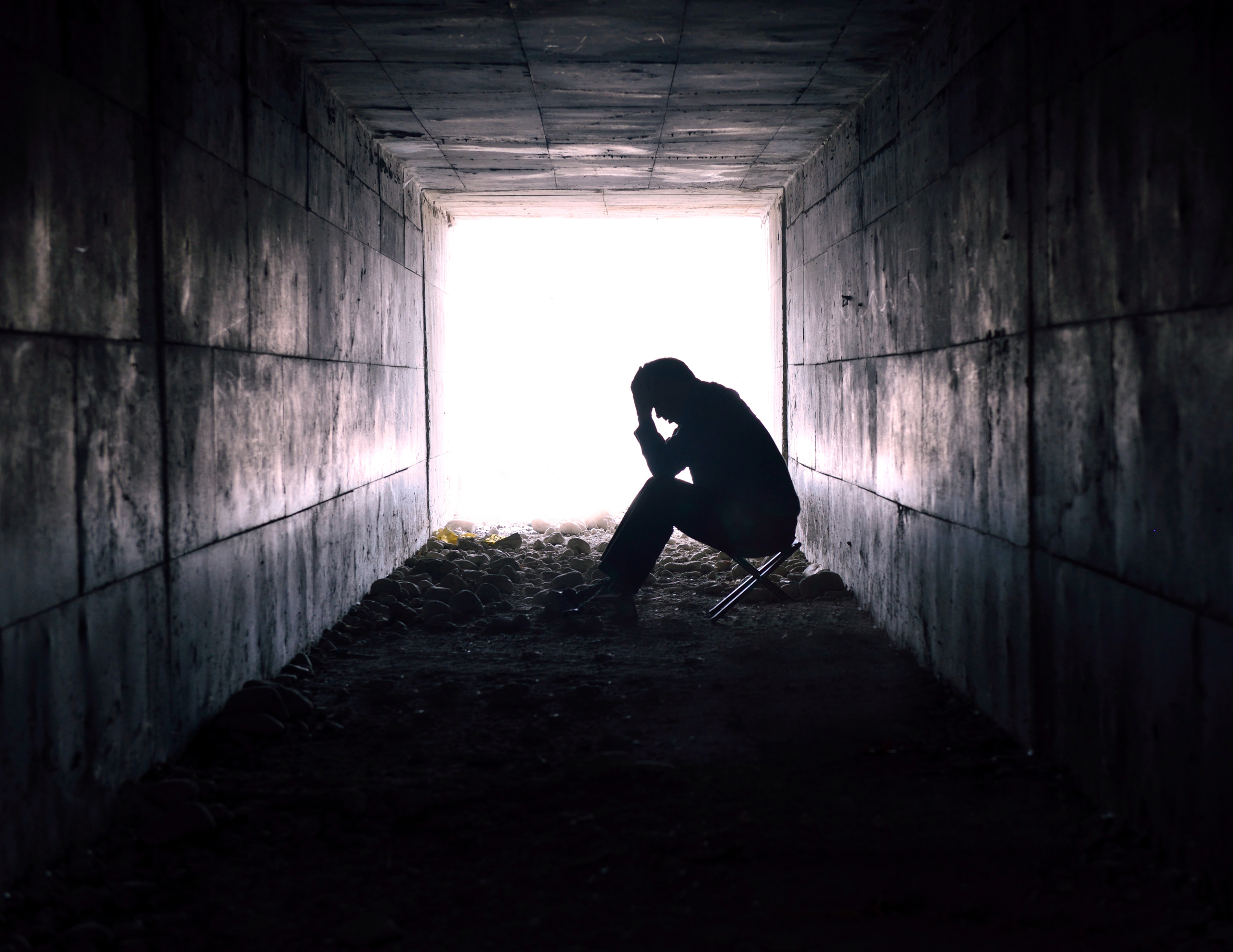Does Suicide Due to Depression Guarantee Hellfire?
Shafi'i Fiqh
Answered by Shaykh Irshaad Sedick
Question
If one falls into a deep depression and, as a result, stops eating and drinking, and the lack of water and food leads to a sickness in the body that causes the person to die, will this person go to hell for suicide?
Answer
In the name of Allah, the All-Merciful, the Especially Merciful. May He shower His choicest blessings upon the exemplar, Prophet Muhammad (Allah bless him and give him peace).
In Islam, the understanding of mental health and its impact on an individual’s actions is approached with sensitivity and compassion. It is essential to recognize that mental health issues, including depression, are considered valid medical conditions, and seeking help for such conditions is highly encouraged.
Islamic scholars often emphasize the importance of understanding the context and the state of mind of an individual struggling. Suicide is generally viewed as a grave matter in Islam, but it is also recognized that mental health challenges can significantly affect a person’s judgment and actions.
In the scenario you’ve described, where a person falls into a deep depression leading to the neglect of basic needs such as eating and drinking, it is crucial to approach the situation with empathy. The person’s actions may be a result of a severe mental health crisis, and Islam acknowledges that Allah, the Most Merciful, takes into account the circumstances and the state of a person’s mind.
Suicide is generally unlawful in Islam, but the final judgment rests with Allah, who knows the depths of an individual’s struggles and challenges. It is not for humans to definitively declare the fate of someone’s soul, as only Allah has the ultimate knowledge and wisdom. It is only when someone dies without faith that their Hereafter is definitively compromised, and Allah knows best.
Islam encourages seeking medical and psychological assistance for mental health issues, and compassionate understanding from the community is emphasized. It is essential for family members, friends, and the broader community to support individuals facing mental health challenges and to encourage seeking professional help.
In conclusion, Islam calls for compassion, understanding, and support for individuals facing mental health issues. The final judgment is in the hands of Allah, who considers the unique circumstances and challenges that individuals may be going through. The community must promote mental well-being and assist those in need.
If you are afflicted by the above, please seek the appropriate assistance and continue to pray to Allah (as will we) for your health and well-being. May Allah protect you always.
I pray this is of benefit and that Allah guides us all.
[Shaykh] Irshaad Sedick
Checked and Approved by Shaykh Faraz Rabbani
Shaykh Irshaad Sedick was raised in South Africa in a traditional Muslim family. He graduated from Dar al-Ulum al-Arabiyyah al-Islamiyyah in Strand, Western Cape, under the guidance of the late world-renowned scholar Shaykh Taha Karaan (Allah have mercy on him), where he taught.
Shaykh Irshaad received Ijaza from many luminaries of the Islamic world, including Shaykh Taha Karaan, Shaykh Muhammad Awama, Shaykh Muhammad Hasan Hitu, and Mawlana Abdul Hafeez Makki, among others.
He is the author of the text “The Musnad of Ahmad ibn Hanbal: A Hujjah or not?” He has been the Director of the Discover Islam Centre, and for six years, he has been the Khatib of Masjid Ar-Rashideen, Mowbray, Cape Town.
Shaykh Irshaad has fifteen years of teaching experience at some of the leading Islamic institutes in Cape Town). He is currently building an Islamic podcast, education, and media platform called ‘Isnad Academy’ and has completed his Master’s degree in the study of Islam at the University of Johannesburg. He has a keen interest in healthy Prophetic living and fitness.
